Happy 12th Birthday Xena
Xena, our beautiful 12 year old Golden Retriever/Black Labrador mix is beginning to show her age. Sometimes she stares at the home across the street for long periods of time, while standing in the front yard. She takes longer to "pick her spot" in the yard. She can't wait till 9:00 a.m. to go outside in the morning, like she could a year or so ago. You get the picture.
The good news is her quality of life continues to be excellent. She is playful, on her own terms. When she wants to play, she invites Tanner to a tag game with the usual doggie Play Bow. On her elbows, she encourages him to wrestle or run and they play quite vigorously. He is intimately aware of her advancing age, and clearly restrains his play to her level. What amazing intuition he has.
She apparently is aware he does this. When we visit the dog park, Xena will invite Tanner to play--only Tanner. She runs alongside other dogs, but does not invite them to wrestle with her. I believe she has come to trust him, where she doesn't have the same level of trust with dogs who are strangers to her. Knowing her own limitations, she is playing it safe. Smart, huh?!
I find this mutual trust and friendship between Tanner and Xena to be quite endearing. Xena continues to "mother" Tanner in some of the ways she did when he first arrived as a small puppy. She often washed his ears and his backside, pushed him in the direction he was called by me, and shared the family room dog bed. Now her mothering takes more the form of discipline. If I give Tanner a command that he does not immediately heed, Xena will move toward him with a distinctive attitude that says quite clearly,"You better listen to her and do it NOW." She is still quite impressive in her leadership of our pack of 3, taking none of Oliver's playful invitations to wrestle, yet handling his invitations with a calm, firm "no." I guess Oliver is just too rambunctious for her comfort level...or too small to have fun with. Whatever. She's 84; I give her credit for having the energy to play at all.
I 've gathered a few tips, some mine and others from resources on helping senior dogs maintain their quality of life for as long as possible. Perhaps you will find something helpful in this for your own older dog:
- I'm sure I needn't mention it, but keep up the regular medical exams and vaccinations to protect your older dog.
- Limit the length and vigor of playtime and walks, to protect the hips of larger dogs. If you use a taller vehicle such as a truck or SUV for transportation of the dog, you might consider getting him a ramp.
- Smaller dogs often have heart conditions that show up with age, and your veterinarian can advise you on proper therapy.
- Maintaining a healthy weight is probably the most important thing you can do to protect your older dog's overall health. As he ages, his caloric need lessens, and you may need to limit his food and fat intake.
- Providing a bed for larger dogs will help to prevent calluses forming on their elbows from excessive time spent on harder floors.
- With a lessening amount of exercise, nails will need more frequent clipping, as they will not wear down from the extra walking.
- Louder barking can be your signal that your dog's hearing is being affected by age. Teaching hand signals in unison with verbal commands will help you to communicate with your dog if his hearing becomes impaired. Vibratory noise such as clapping and stomping will also help you to get his attention, when needed.
- Finally, vision problems plaque many older dogs. If your dog experiences vision problems, don't baby him. What you can do is try to keep his physical environment as unchanged as possible, to help him stay ambulatory. There are hundreds of success stories of families' dogs living for years with complete blindness, so don't give up on your dog. You could live without your eyes; so can he.
- If you have a larger dog, consider adding a supplement of Omega 3 and 6 fats to his food, to give added protection to his more fragile hips.
- Watch your dog's exposure to heat and cold. Just as humans lose their ability to stabilize their body temperatures, so too do animals.
- Balance his lessened need for vigorous exercise with added sensory experiences. Visiting new places, taking car rides and walking different routes will work their noses and eyes overtime to keep their neurons firing and the brain working.
- Maintaining your dog's dental health, both with regular teeth brushing and dental cleanings, as advised by your vet, will help to keep his systems as healthy as possible.
- For as long as possible, do whatever it takes to keep your dog active, as long as he is not in pain. Light activity will help him maintain muscle strength, burn calories, maintain bowel and bladder function, and much more.
- Finally, continue to be diligent about flea and tick prevention. Fleas and ticks carry numerous diseases that can be especially dangerous to your aging pet.
Pet Education by Doctors Foster and Smith
The Sr. Dogs Project















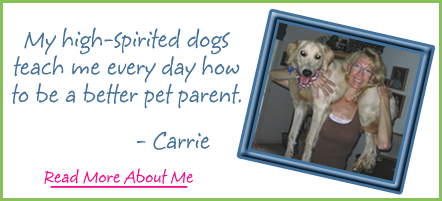
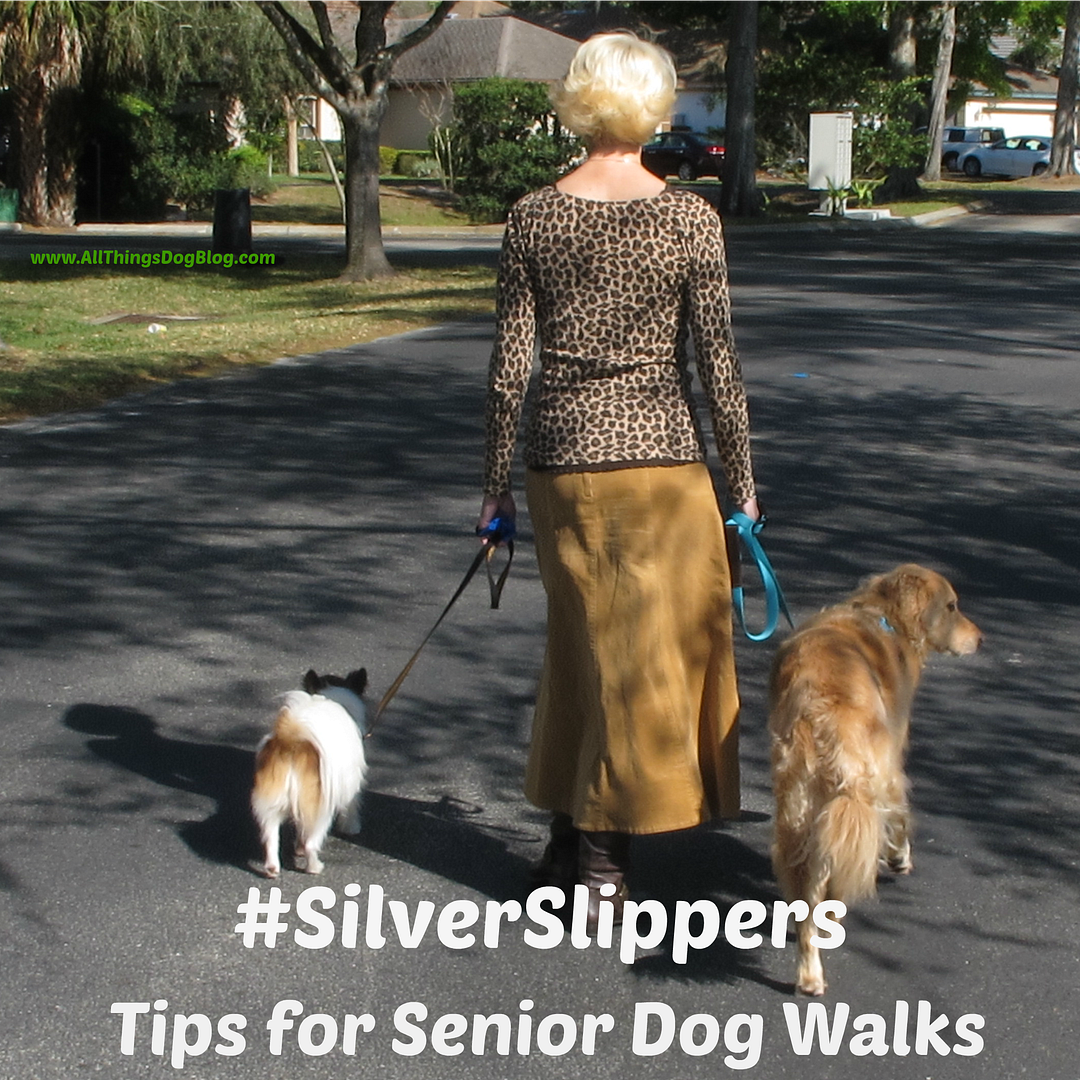





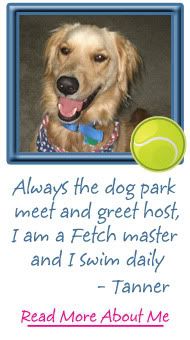
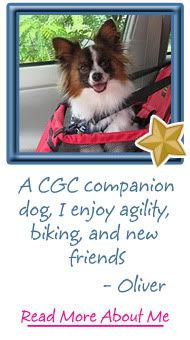









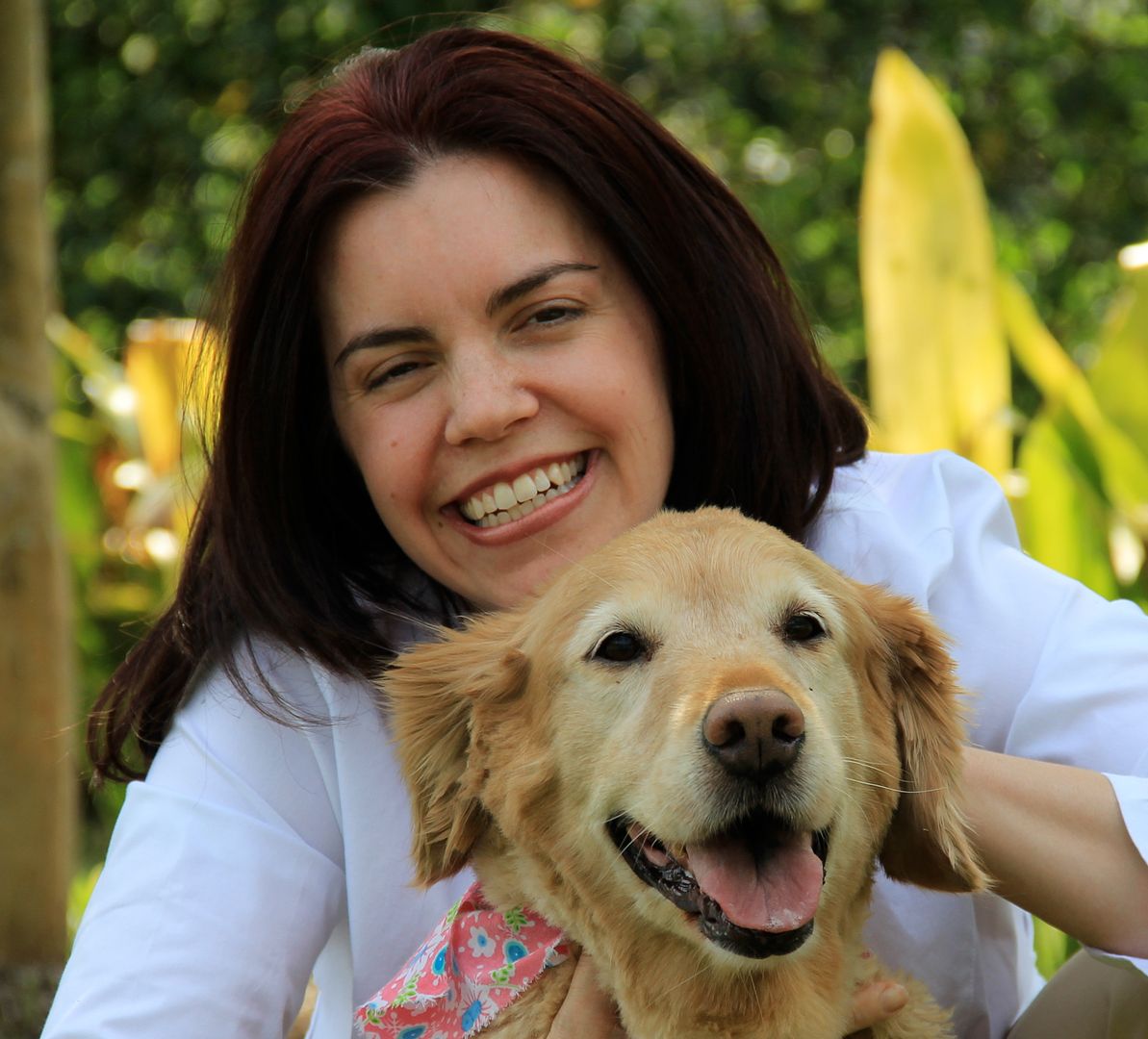



0 comments:
Post a Comment